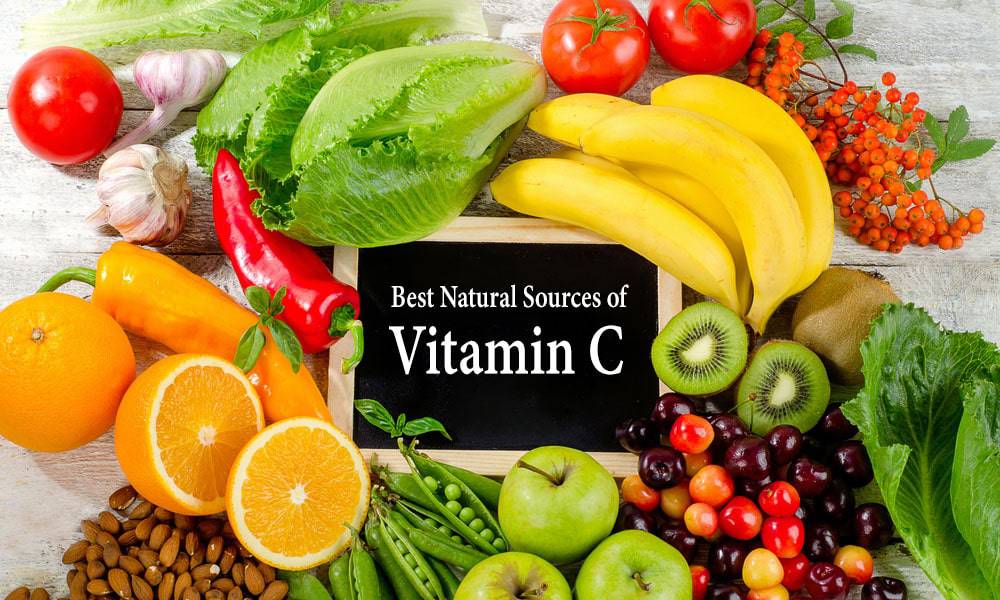Mangoes are a tropical fruit from the drupe family. It means they have a single large seed or stone in the middle. Sometimes called the "king of fruits," mangoes are one of the most globally consumed fruits in the world.
Mangoes are not only delicious but also nutritious. As with most foods, however, moderation is key. Sweet fruits like mangoes can hold a lot of sugar. But fruit sugar is different from processed sugar because it's balanced out by fiber and many nutrients for the body.
Sweet fruits like mangoes are also a great option to junk food and other toxic snacks. If you're craving something sugary, grab some mango instead. Once you begin phasing out the junk, you won't crave it as much. Whole foods are more pleasant, plus they offer several health benefits.
Health Benefits of Mangoes
Loaded With Vitamin A
Mango is loaded with vitamin A. 1 cup of mango has about 25 percent of the daily suggested value of vitamin A. This vitamin has many vital functions in the body, particularly for the eyes and skin. It also increases the health of your bones, as well as the reproductive and immune systems.
Loaded With Vitamin C
Mango is one of the most significant food sources of vitamin C. Vitamin C is essential for your immune system.
It also plays a function in muscle, ligament, and bone mass. Consuming mango develops plant iron absorption due to its vitamin C content. One container of mango has 46 milligrams of vitamin C.

Mango proves some impressive potential when it comes to healthy weight control. Mango and its phytochemicals may contain fat cells and fat-related genes, while mango peel restrains fatty tissues similar to the antioxidant resveratrol.
Mango consumption has shown remarkable results in people with constant constipation.
The study showed increases in healthy fatty acids and other digestive wellness measures, like gastric discharges that help in food digestion.
These positive results may be due to mango's high water and fiber content, in addition to its healthy antioxidants.
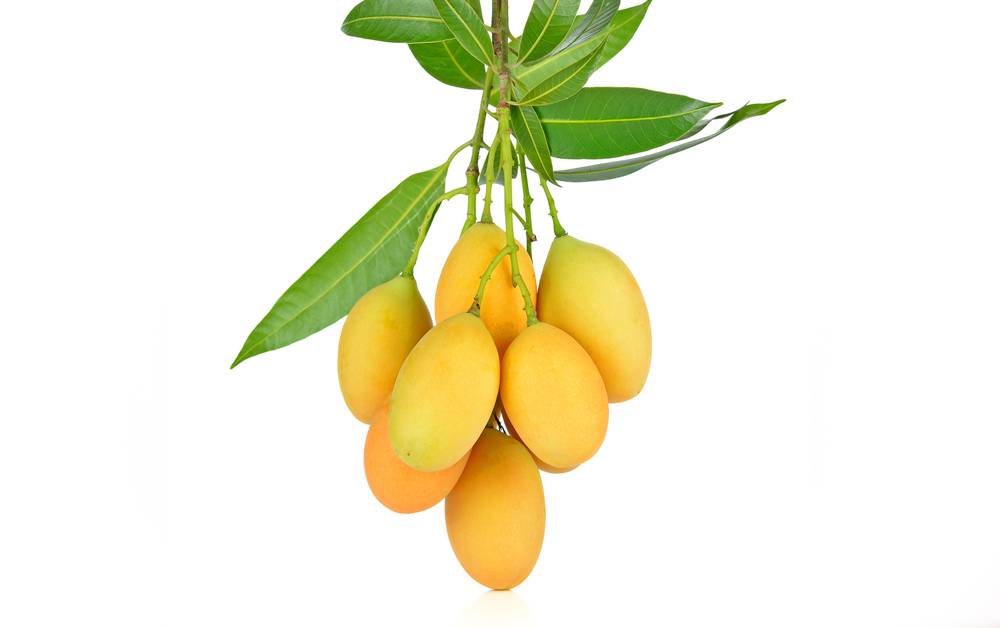
High in Antioxidants
Mango is loaded with polyphenols — plant compounds that function as antioxidants.
It has over a dozen different types, including mangiferin, catechins, anthocyanins, quercetin, kaempferol, rhamnetin, benzoic acid, and many others.
Antioxidants are essential as they protect your cells against free radical damage. Free radicals are highly reactive compounds that can bind to and damage your cells.
Mango is a good source of immune-boosting nutrients.
One cup (165 grams) of mango gives 10% of your daily vitamin A needs.
Vitamin A is essential for a robust immune system, as it helps fight germs.
This vitamin can help your body produce more disease-fighting white blood cells, help these cells work more efficiently, and improve your skin's defenses.
Mango also contains folate, vitamin K, vitamin E, and specific B vitamins, which support immunity.
Hello friends, Did you like our article? If you liked this so share it with others. We never know what information could be helpful to others. We will keep bringing more health-related articles for you, Thanks!!
(DISCLAIMER: This Site Is Not Intended To Provide Diagnosis, Treatment, Or Medical Advice. Products, Services, Information, And Other Content Provided On This Site, Including Information That May Be Provided On This Site Directly Or By Linking To Third-Party Websites Are Provided For Informational Purposes Only. Please Consult With A Physician Or Other Healthcare Professional Regarding Any Medical Or Health Related Diagnosis Or Treatment Options. The Results From The Products May Vary From Person To Person. Images shown here are for representation only, actual product may differ.)





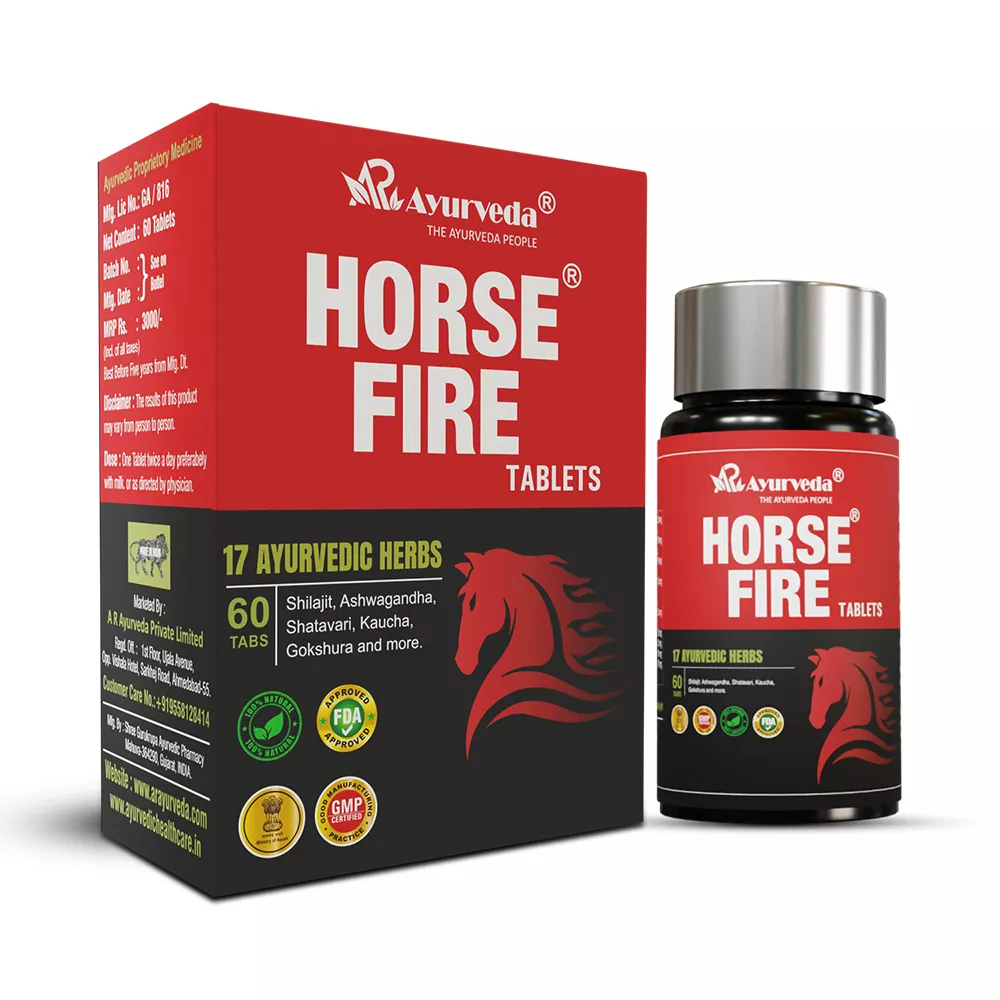
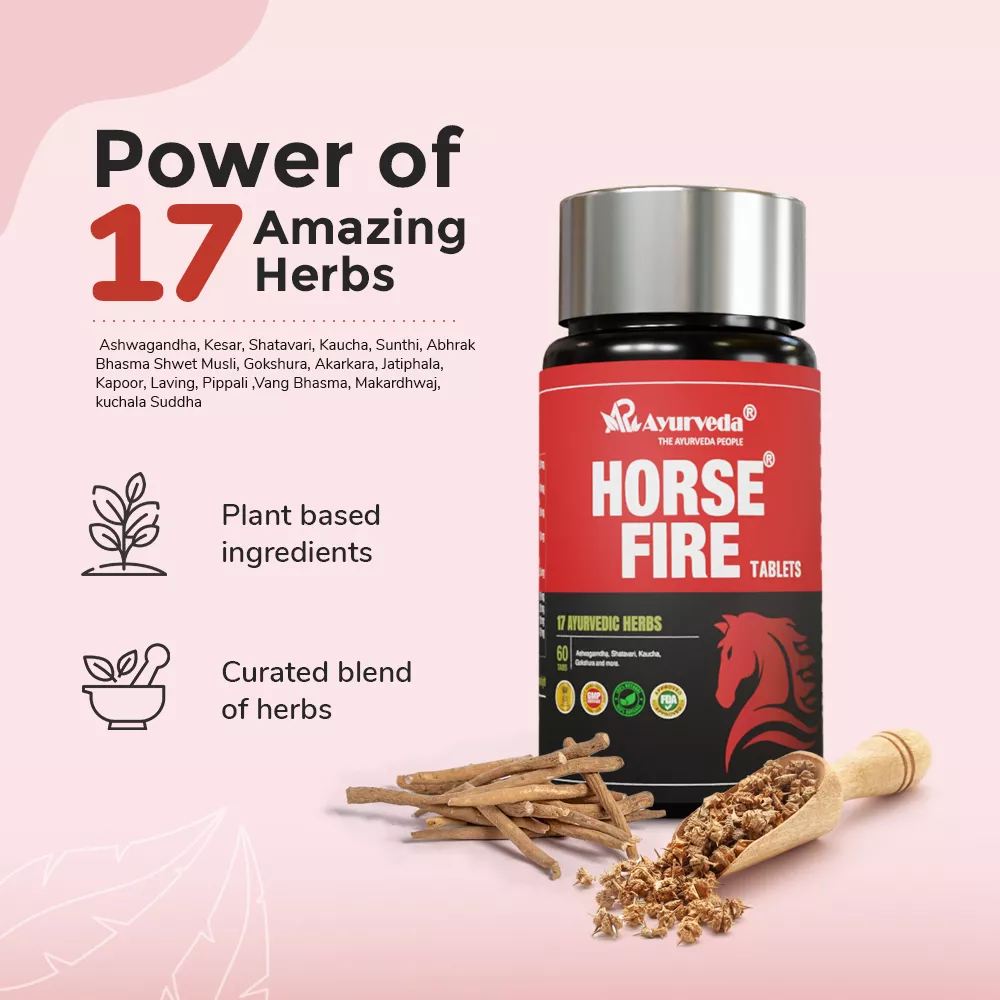
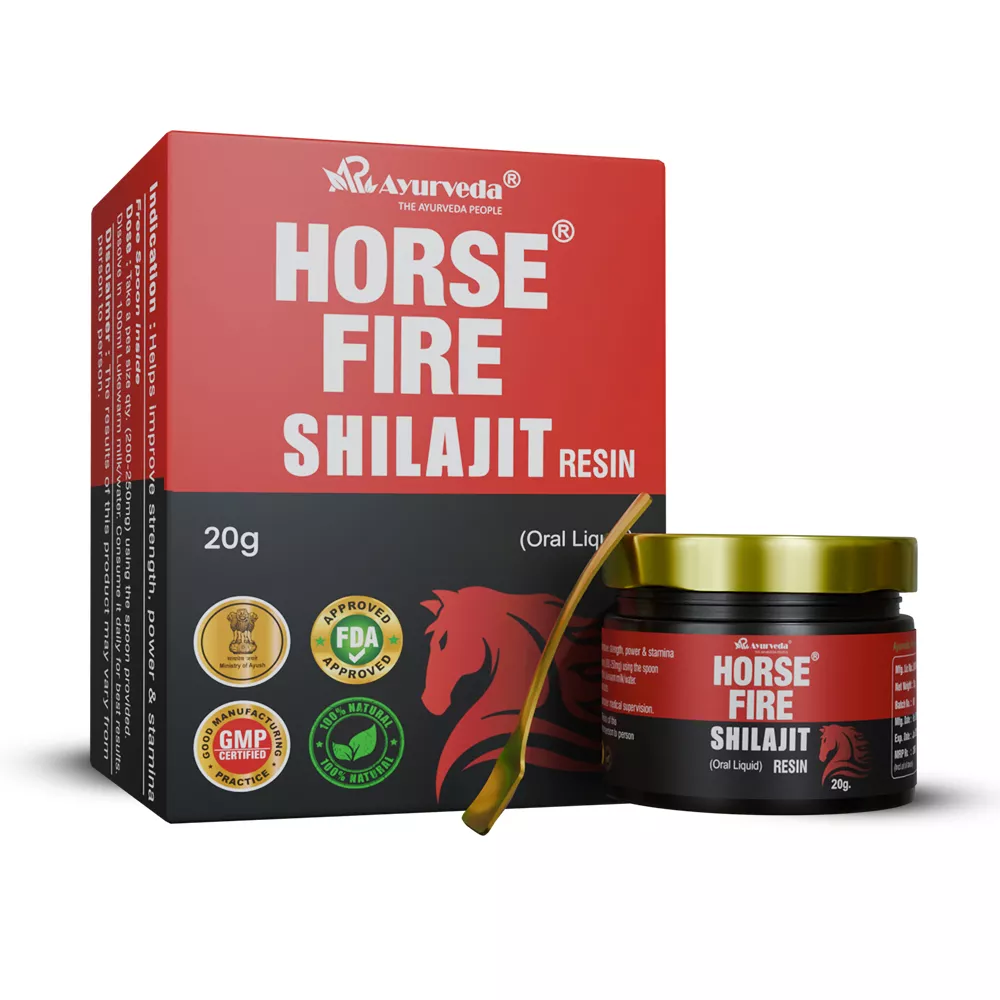
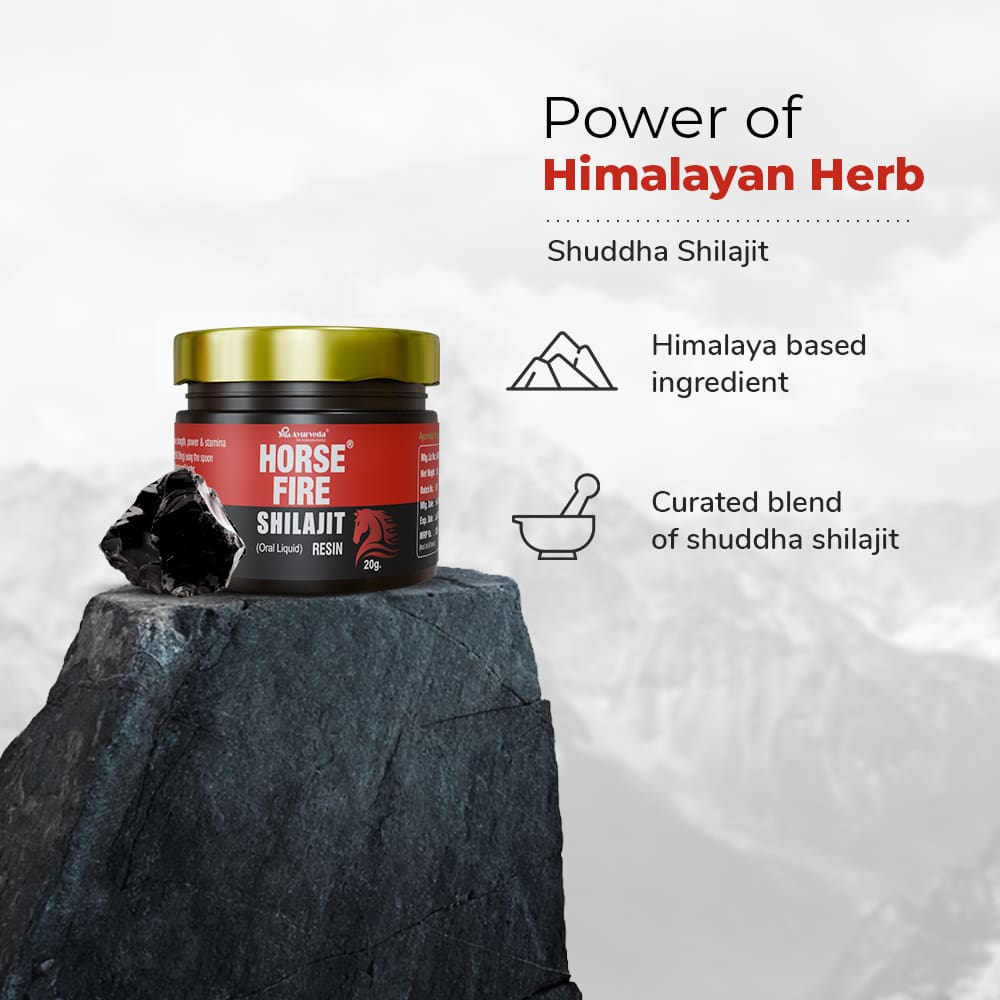
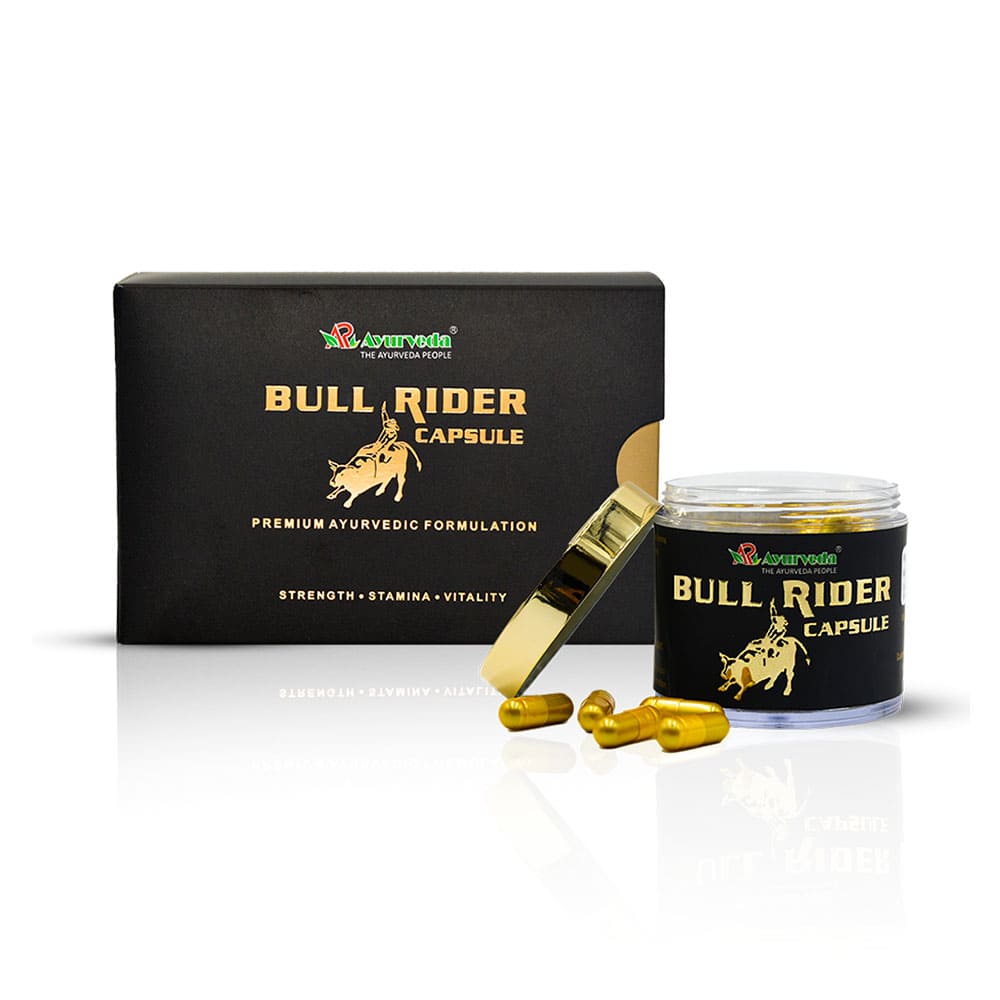
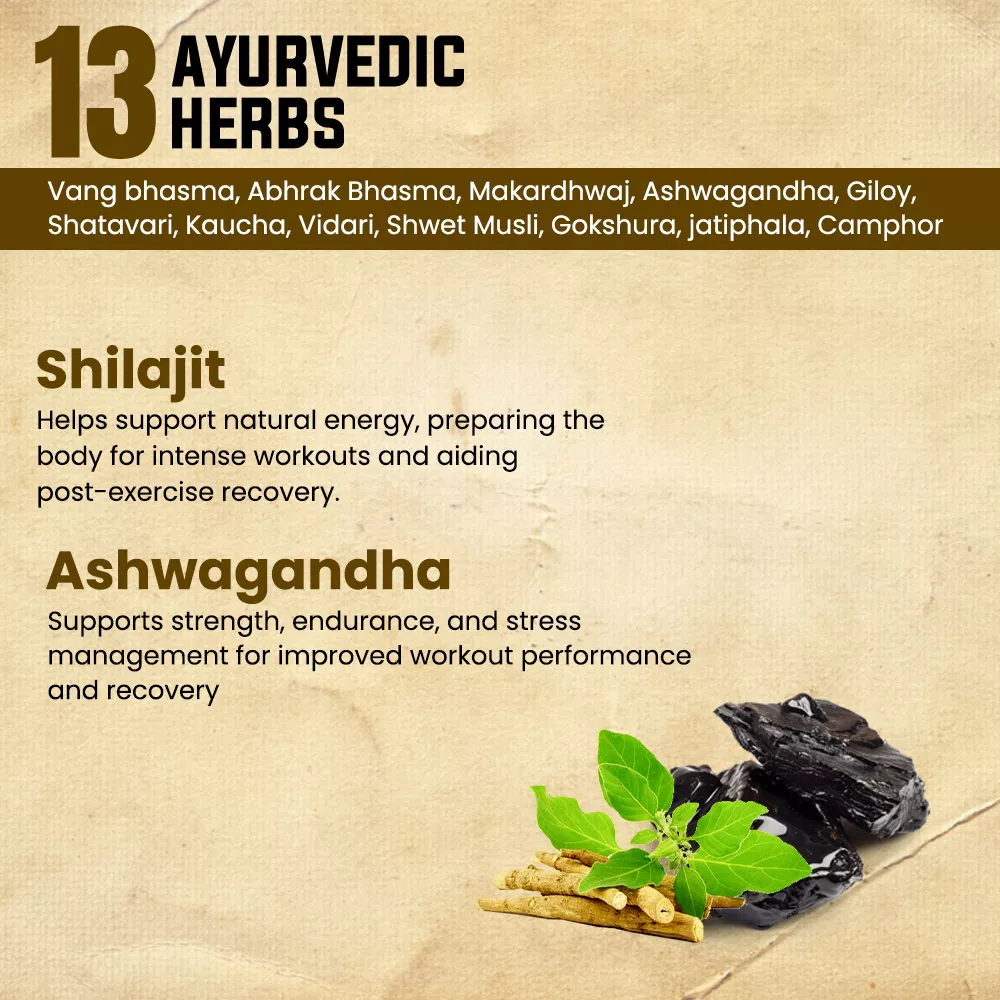
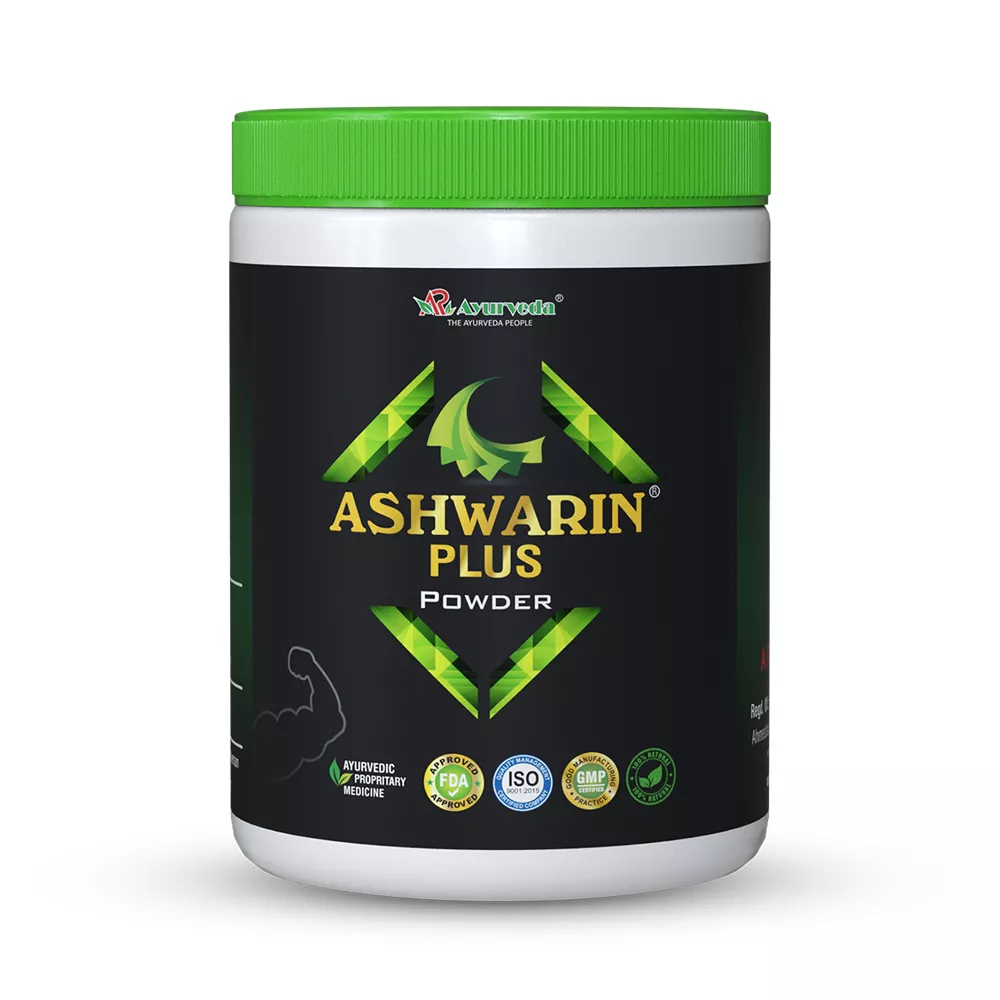
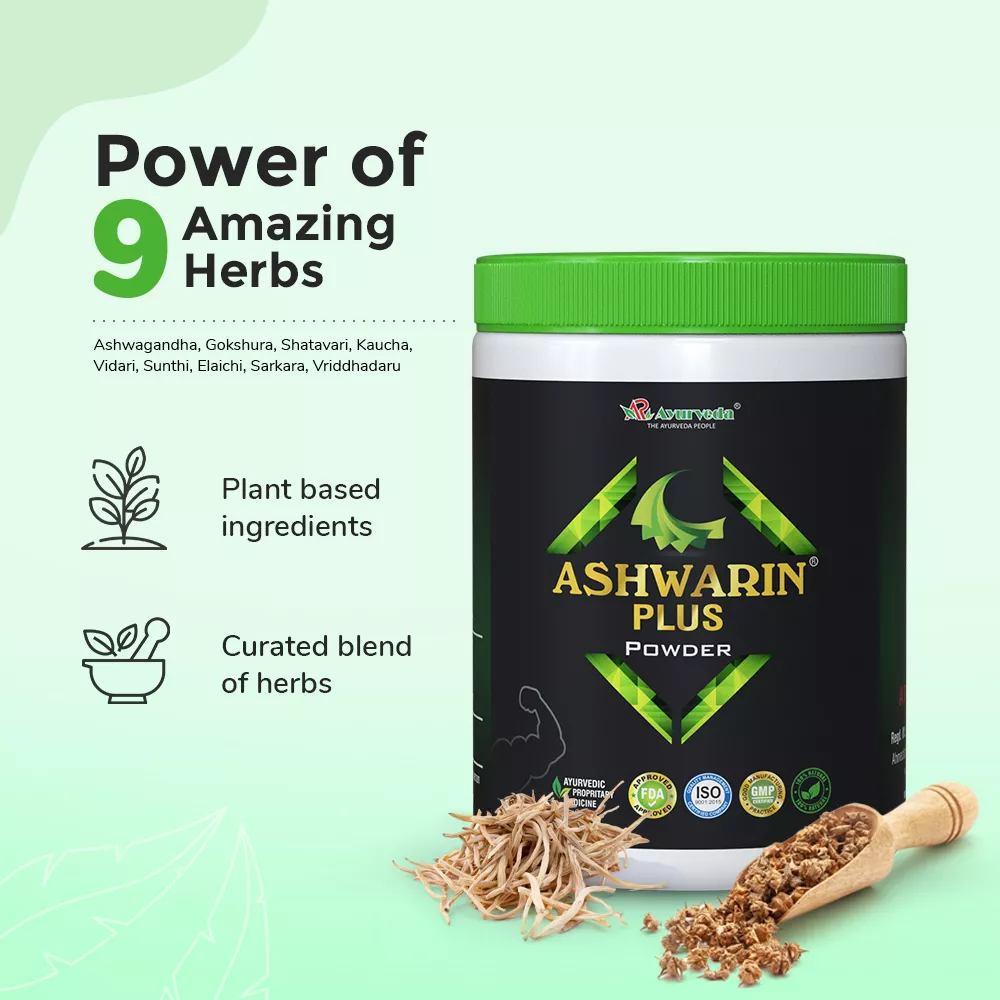





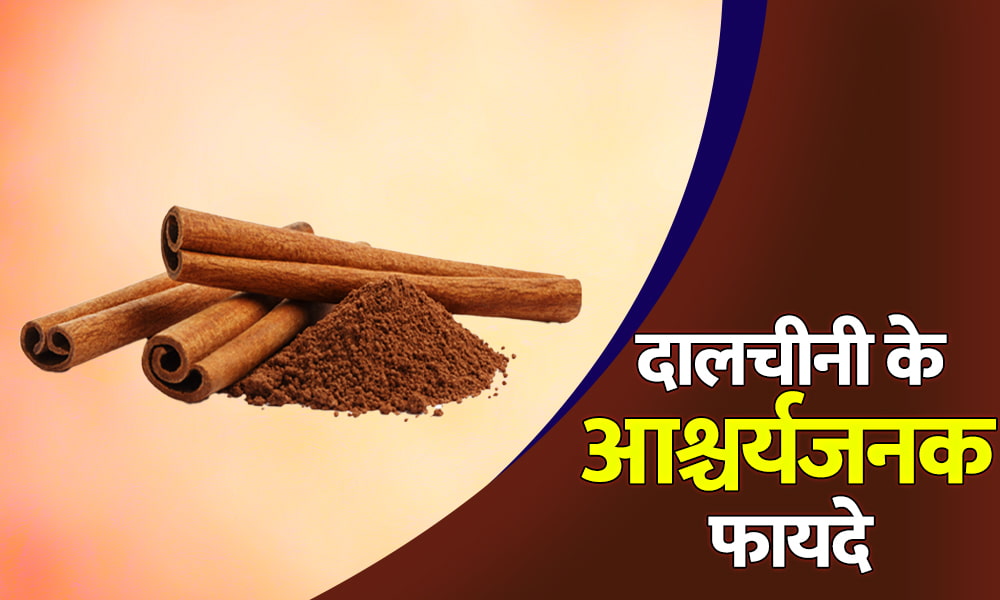
.jpg)


